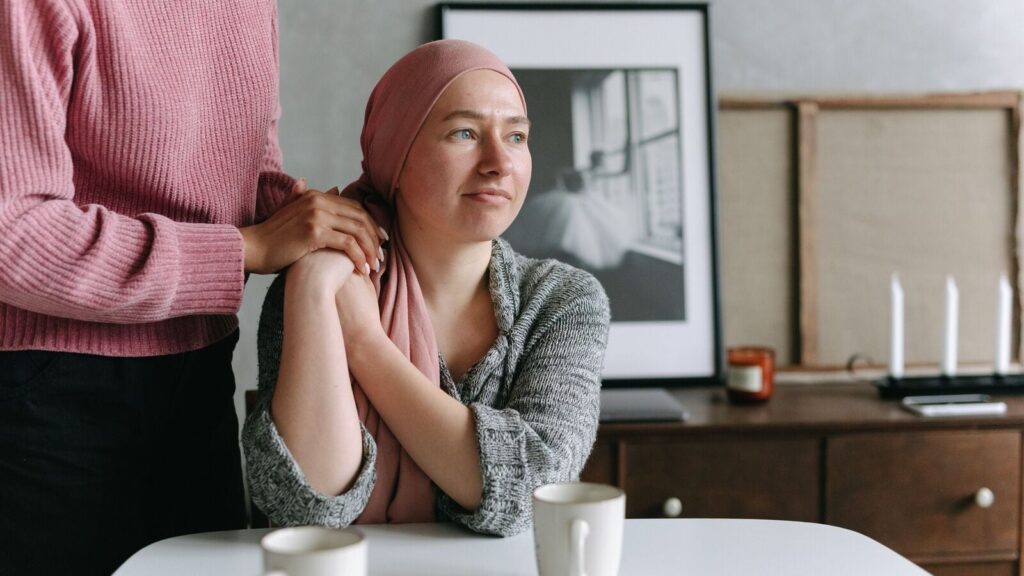A key announcement in the Union budget presented on Saturday was the establishment of 200 cancer daycare centres in district hospitals in 2025-26. While these would serve to decentralize cancer care, experts expressed concern over the absence of enough skilled medicos to run them amid growing incidence of the cancers.
The government aims to add cancer daycare centres to all district hospitals in the next three years. There are currently 759 district hospitals in the country.
“Cancer is not a disease of convenience…we call it precision medicine,” said Dr B.S. Ajaikumar, founder and executive chairman of cancer care chain HealthCare Global Enterprises (HCG). Raising concerns over whether government and district hospitals are equipped to run these centres, he said, “How will they run these centres…do we have the skilled talent to run them?”
At the same time, the growing incidence cancer in the country makes it important to make cancer drugs and care more accessible and affordable.
These centres are aimed at reaching patients beyond tier-I cities and reduce the care burden on the small number of hospitals that offer affordable cancer care. But they will need skilled staff—doctors, nurses and technicians—to run them.
Additionally, the overall ecosystem, from detection to providing different forms of treatment, needs to be bolstered.
A growing burden
“Cancer is a growing health problem and the way we are positioned as far as the population status is concerned, in the coming years, the cancer care problem is going to increase manifold,” said Dr Raj Nagarkar, MD and chief of surgical oncology and robotic services at HCG Manavata Cancer Centre in Nashik, Maharashtra.
According to a study published in the Indian Journal of Medical Research, there were an estimated 1.46 million cases of cancer in India in 2022—an incidence of more than 100 per 100,00 people. One in nine Indians are likely to develop cancer in their lifetime. The study projected the incidence of cancer cases increasing by about 12.8% in 2025 compared to 2020.
However, over the last few decades, cancer care has been centralized towards metros or developed cities, Nagarkar pointed out. “In fact, most of the states in India still lack basic good cancer care facilities.”
There has been a huge burden on the select public hospitals in metros that do provide cancer care to low income groups – and the long waiting times, as well as distances, are significant deterrents for patients and families, healthcare providers pointed out.
In such a scenario, daycare centres at district hospitals are a step in the right direction.
Talent gap
“Cancer care is not like cardiac or trauma…it is a multidisciplinary team where you need to be directed by a team of consultants, which includes surgeons, chemotherapists, radiation oncologists,” Nagarkar said.
The way these centres are expected to work is in a hub-and- spoke model. Some premiere institutes across states will still serve as the primary spaces of care, where diagnosis and primary treatment is given. These daycare centres will function as secondary spaces—focusing on chemotherapy, minor procedures and follow-up care.
Each centre will require a multidisciplinary team, including oncologists, medical officers, oncology nurses, lab technicians, counsellors and social workers, alongside administrative and support staff.
“However, India currently has only around 2,500 oncologists—just half of what is required given the disease burden,” said Satyam Shivam Sundaram, partner, strategy and transactions, govt advisory services at EY India.
“Moreover, the distribution of oncologists is highly skewed, with limited presence in tier-II and tier-III cities,” he added.
Another 2,000-2,500 oncology nurses and technicians would abe needed. For upskilling, specialized oncology training programmes, lasting 6-12 months, would be required.
While finance minister Nirmala Sitharaman on Saturday announced the creation of 75,000 new medical seats over the next five years, there was no mention of specific skilling for cancer treatment.
AI, tech to step in
“In this context, teleconsultation and AI-driven diagnostic support will play a crucial role in ensuring oncologists’ expertise reaches these centres,” Sundaram said.
The impact will be significantly amplified if screening infrastructure is reinforced and well-structured care pathways are implemented, he added.
“We all understand that because of the lack of staffing at these day care centres we cannot do all the things necessary for cancer treatment,” said Geetha Manjunath, founder Niramai, a startup using AI-based tech for early detection of breast cancer. The first thing that was needed, she said, is a “good screening programme at the ground level to enable public health and early detection of cancer”.
Scaling up detection programmes, as well as awareness of these centres, in addition to making them accessible for regular chemotherapy, would significantly impact people in underpenetrated regions and those from lower income groups, Manjunath pointed out.
Additionally, these centres will need to be equipped to cater to different types of cancer treatments. “It is not a one-size-fits-all approach…cancer care has become more personalized now,” Nagarkar said.
Cancer meds cheaper, but not for all
Another key announcement in this year’s Budget was that 36 lifesaving drugs for cancer and rare chronic diseases will be fully exempt from basic customs duty. Plus, six lifesaving cancer and rare disease drugs will be subject to a reduced duty of 5% if they are provided free of charge to eligible patients.
While these exemptions were a welcome move, experts believe they aren’t enough. “These 36 drugs are used for a very small percentage of the cancer patient population,” Nagarkar said.
“In order to truly benefit patients on a large- scale, exemption of GST on such drugs is critical. I am disappointed that this aspect has been overlooked and only imported drugs have been exempted from customs duty,” Kiran Mazumdar Shaw, chairperson, Biocon, said.
“The GST exemption on indigenously developed drugs both for cancer and chronic diseases, is essential to reduce the cost burden on patients…considering that in India 80% of healthcare expenses are out of pocket,” she added.

